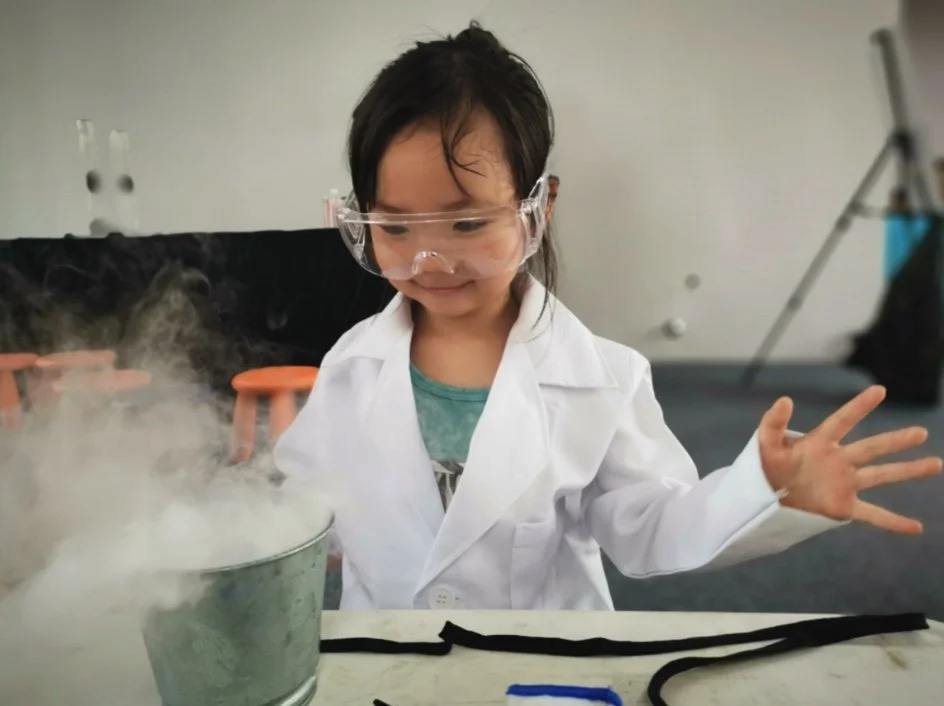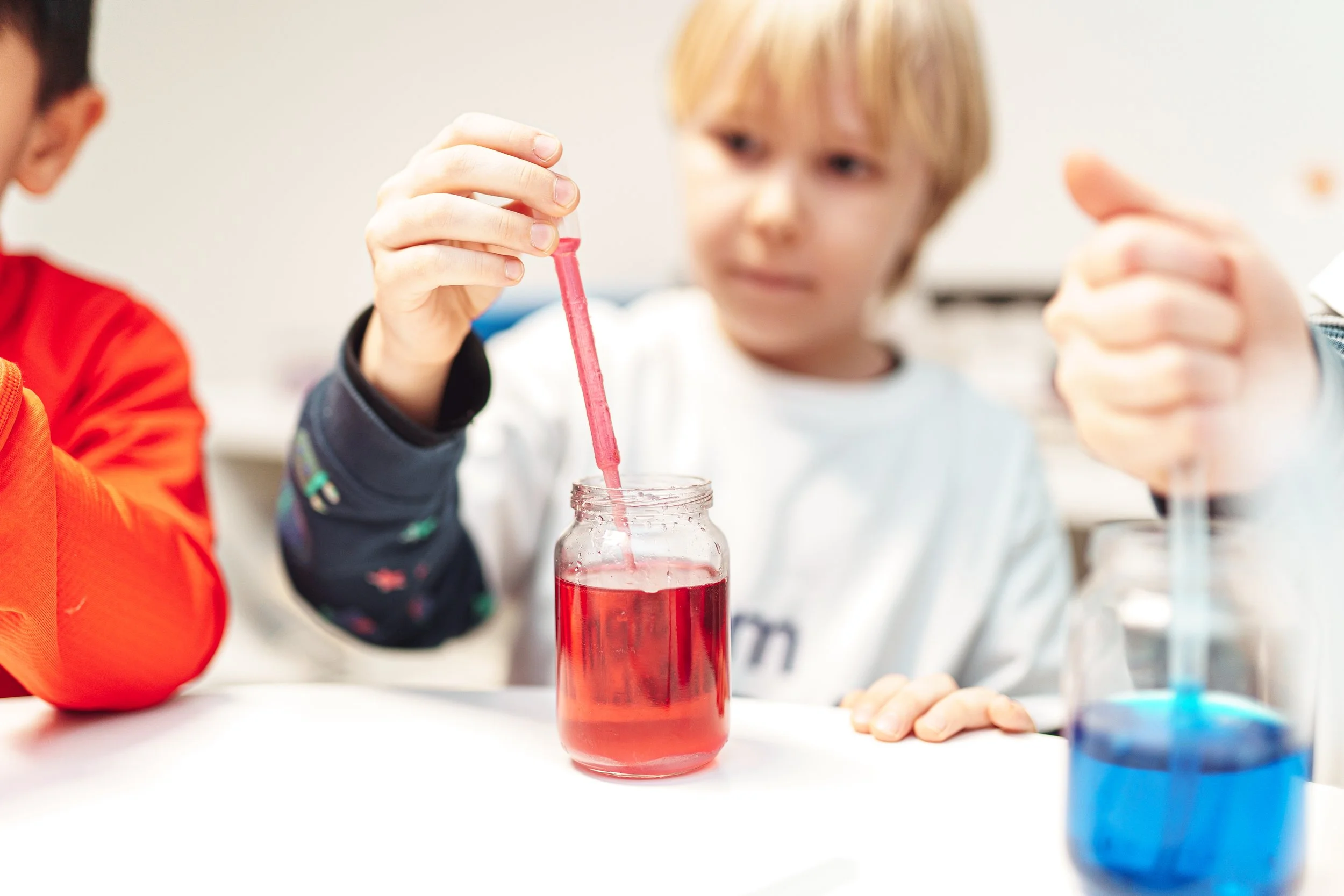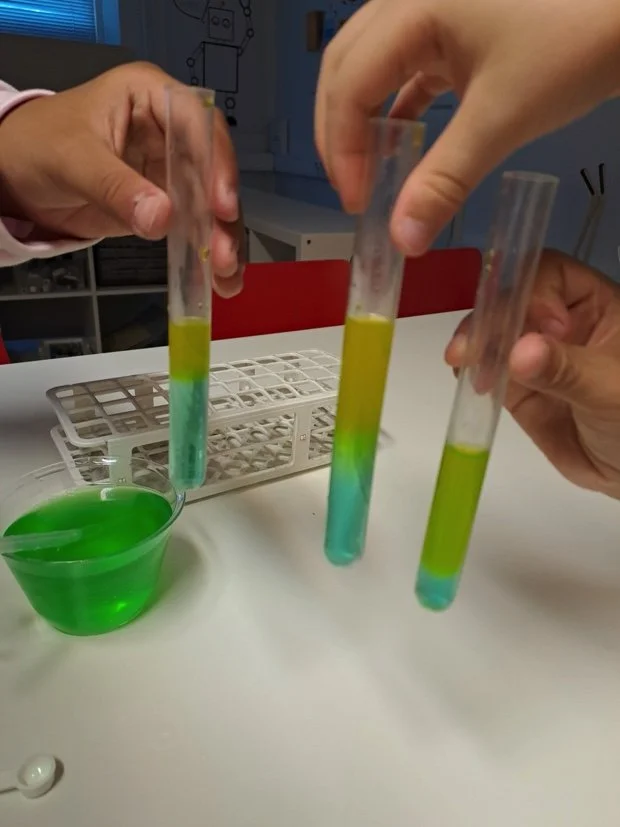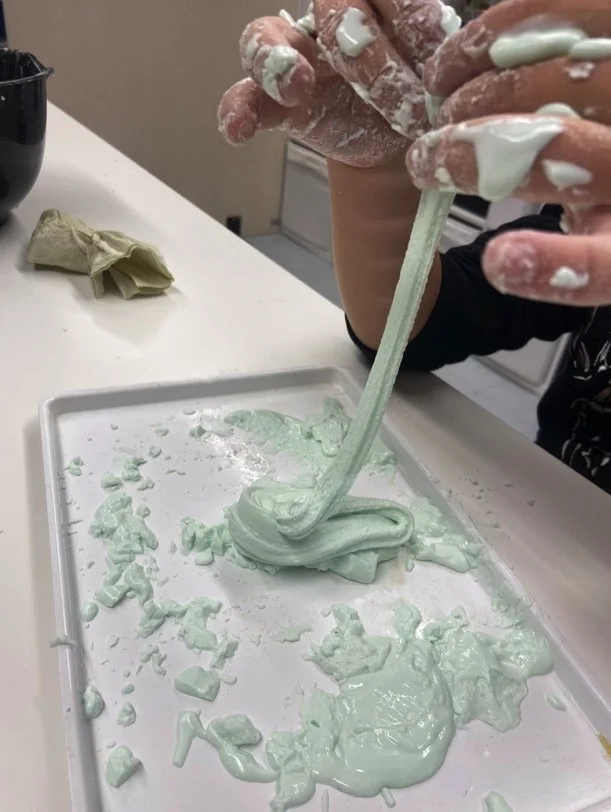Science
Miniscience
-

Miniscience 1
Extent:
2 semesters, 15 lessons in semester, each 45 minutes
Recommended age:
4 to 6 years
Description:
In Miniscience 1 - module students develop scientific knowledge and conceptual understanding of biology, chemistry and physics. Students learn to develop understanding of the nature, processes and methods of science through different types of science enquiries that help them to answer scientific questions about the world around them. Students are encouraged to analyse, test, try and find patterns.
Learning objectives:
learn basic scientific knowledge about biology, chemistry and physics.
learn basic scientific terminology and concepts
learn to make simple tests, comparison and observations
learn to make up comparative and fair tests
learn to identify and classify information and data
learn to make simple measurements and analyses
Implementation:
Each lesson has its own theme. During each lesson there is a short theory of the theme. The goal is that each student learns the basics of the theme, terminology and theory, and is able study, observe and analyse it in practice. Each theme includes hands-on experiments and tests during which student is able to make observations, tests and analyses.
Equipment and materials:
STEM Science Kit basic, digital/physical STEM lesson plans and videos.
-

Miniscience 2
Extent:
2 semesters, 15 lessons in semester, each 45 minutes
Recommended age:
4 to 6 years
Description:
In Miniscience 2 - module students develop scientific knowledge and conceptual basic level understanding of biology, chemistry and physics. Students learn to develop understanding of the nature, processes and methods of science through different types of simple science enquiries that help them to answer scientific questions about the world around them. Students are encouraged to analyse, test, try and find patterns.
Learning objectives:
learn basic scientific knowledge about biology, chemistry and physics.
learn basic scientific terminology and concepts
learn to make simple tests, comparison and observations
learn to make scientific small projects
learn to make up comparative and fair tests
learn to identify and classify information and data
learn to make simple measurements and analyses
Implementation:
Each lesson has its own theme. During each lesson there is a short theory of the theme. The goal is that each student learns the basics of the theme, terminology and theory, and is able study, observe and analyse it in practice. Each theme includes hands-on experiments and tests during which student is able to make observations, tests and analyses.
Equipment and materials:
STEM Science Kit basic, digital/physical STEM lesson plans and videos.
Science
-

Science 1
Extent:
2 semesters, 15 lessons in semester, each 45 minutes
Recommended age:
7 to 12 years
Description:
In Science 1 - module students develop scientific knowledge and conceptual understanding of biology, chemistry and physics. Students learn to develop understanding of the nature, processes and methods of science through different types of science enquiries that help them to answer scientific questions about the world around them. Students are encouraged to make analyses and tests and find patterns in their observations. They also apply their mathematical knowledge to their understanding of science, including collecting, presenting and analysing data.
Learning objectives:
learn basic scientific knowledge about biology, chemistry and physics.
learn basic scientific terminology and concepts
learn abstract thinking and problem-solving
learn to make simple tests, comparison and observations
learn to make up comparative and fair tests
learn to identify and classify information and data
learn to make measurements and analyses
learn to apply mathematics
Implementation:
Each lesson has its own theme. During each lesson there is a short theory of the theme. The goal is that each student learns the basics of the theme, terminology and theory, and is able study, observe and analyse it in practice. Each theme includes hands-on experiments and tests during which student is able to make observations, tests and analyses.
Equipment and materials:
STEM Science Kit basic, digital/physical STEM lesson plans and videos.
-

Science 2
Extent:
2 semesters, 15 lessons in semester, each 45 minutes
Recommended age:
7 to 12 years
Description:
In Science 2 - module students develop scientific knowledge and conceptual understanding of biology, chemistry and physics. Students learn to develop understanding of the nature, processes and methods of science through different types of science enquiries that help them to answer scientific questions about the world around them. Students are encouraged to make analyses and tests and find patterns in their observations. They also apply their mathematical knowledge to their understanding of science, including collecting, presenting and analysing data.
Learning objectives:
learn basic scientific knowledge about biology, chemistry and physics.
learn basic scientific terminology and concepts
learn abstract thinking and problem-solving
learn to make simple tests, comparison and observations
learn to make up comparative and fair tests
learn to identify and classify information and data
learn to make measurements and analyses
learn to apply mathematics
Implementation:
Each lesson has its own theme. During each lesson there is a short theory of the theme. The goal is that each student learns the basics of the theme, terminology and theory, and is able study, observe and analyse it in practice. Each theme includes hands-on experiments and tests during which student is able to make observations, tests and analyses.
Equipment and materials:
STEM Science Kit basic, digital/physical STEM lesson plans and videos.
“Science is a way of thinking much more than it is a body of knowledge.”
— Carl Sagan
